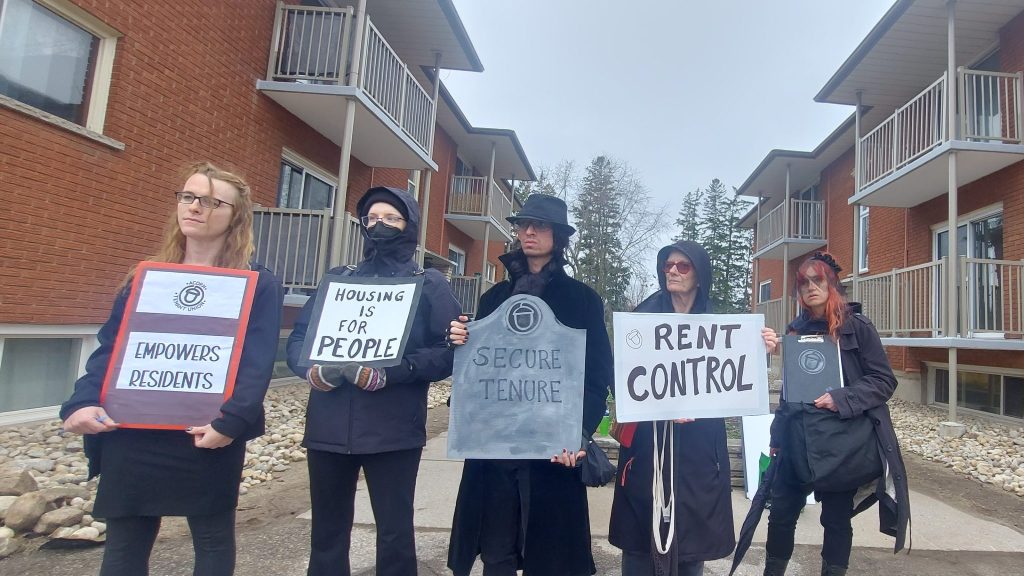Goal now to ‘blunt severe outcomes’ during current COVID-19 wave
Posted Jan 11, 2022 05:47:00 PM.
It's not about trying to stop COVID-19 from spreading. It's about dulling severe outcomes.
During Tuesday's COVID-19 update, our region's Medical Officer of Health, Dr. Hsui-Li Wang told regional council that's what the COVID-19 vaccine is for.
“It was never really to stop all spread. It was to prevent severe complications. It was a bonus, in a way, that previously it was also able to have a really big impact on spread. That's no longer the case with Omicron. It isn't that effective in that regard, but it remains very effective for severe complications,” she said.
Kitchener Mayor Berry Vrbanovic pointed out that a much smaller percentage of vaccinated people are ending up in hospital or the ICU, compared to unvaccinated people ending up in ICU.
He said this is despite public messaging that most COVID-19 cases are among vaccinated people, since the majority of the population is vaccinated.
Dr. Wang added that provincial case numbers may be confusing because it's about a “relative risk,” when it comes to vaccination.
In the meantime, COVID-19 spread is at the highest levels ever, and wastewater monitoring shows that cases now being detected through PCR tests are only a fraction of cases out there.
Patient occupancy and work shortages have recently increased sharply across hospitals in the Waterloo-Wellington network.
“Whether patients are admitted for COVID-19 upon admissions, or they're found to be positive after arrival, both human resources and space for isolation is required,” said Dr. Wang.
She said this increase in admissions affects capacity and flow in hospitals.
Dr. Wang is continuing to encourage everyone who is eligible to get vaccinated.
This includes people who've had COVID-19 before and pregnant people.
She said people should not refuse Moderna while waiting for Pfizer, as emerging evidence shows Moderna induces somewhat higher antibody levels, as well as more durable protection against the virus.
Dr. Wang also said wastewater monitoring, along with other indicators, will help inform when the current wave of COVID-19 subsides.
— Germain Ma (@GermainMa1) January 11, 2022








